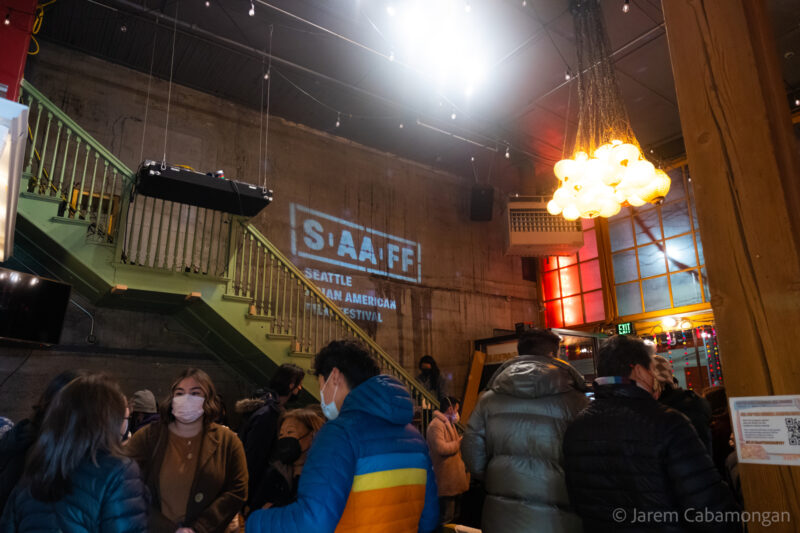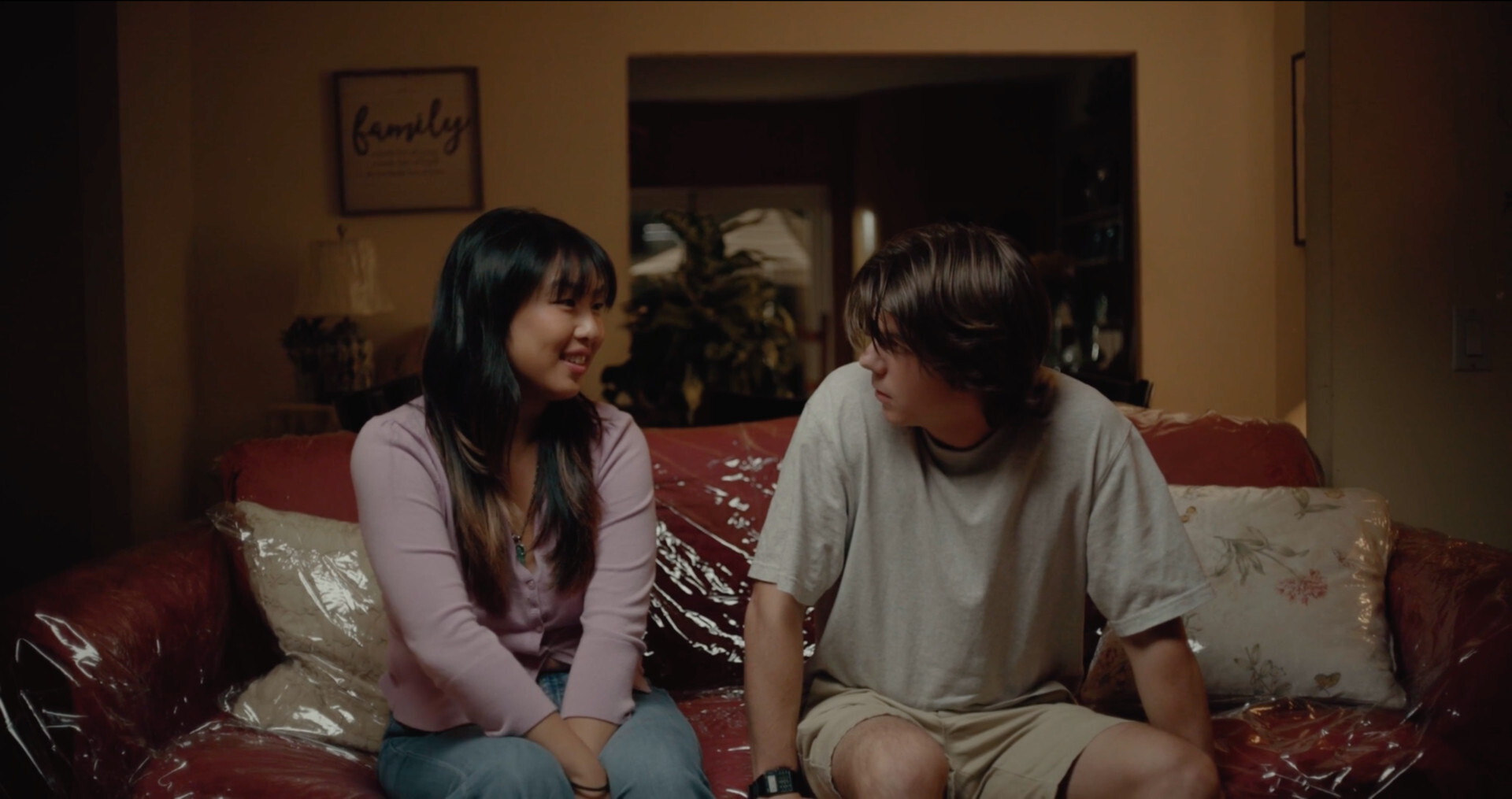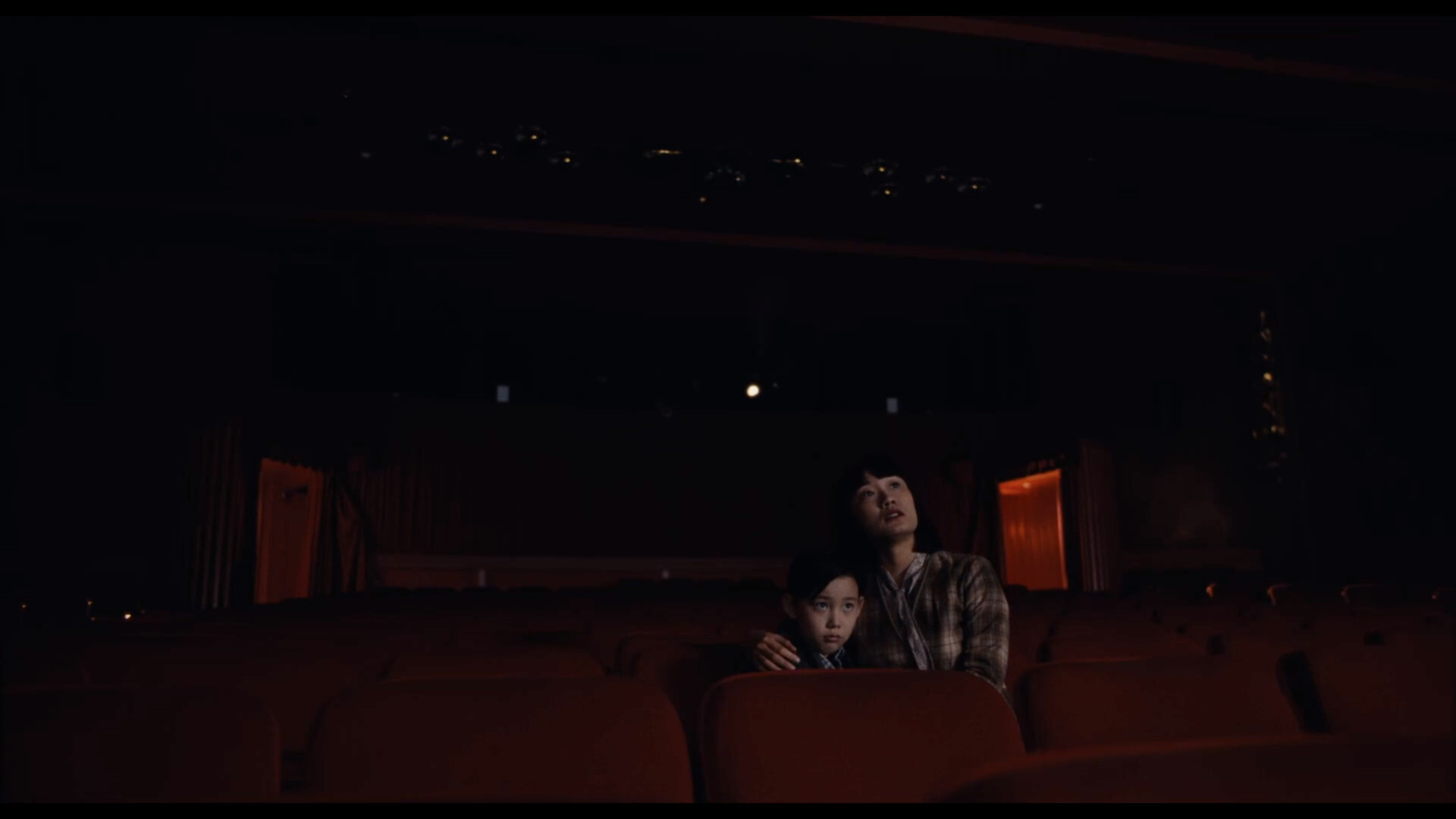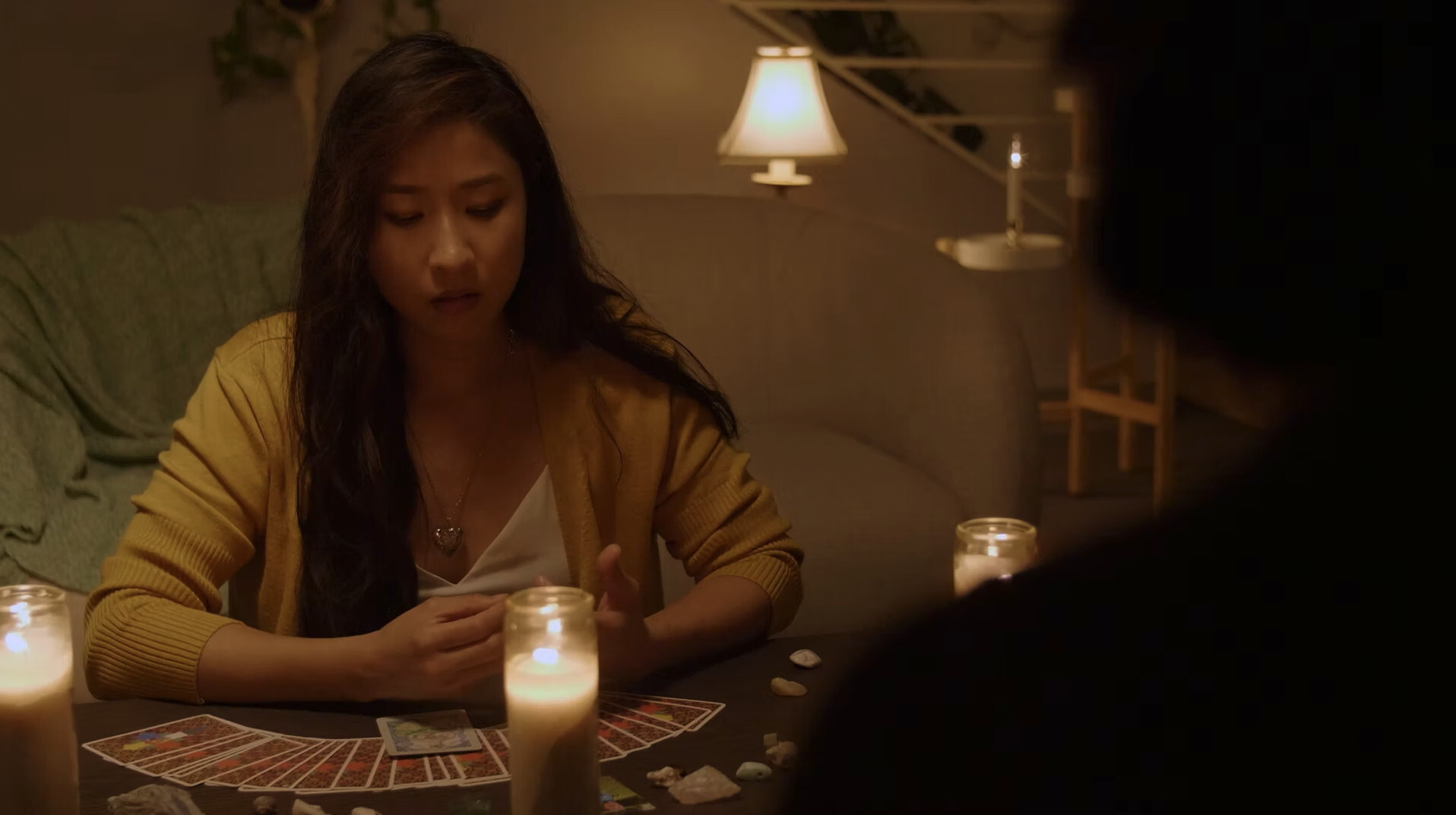"Seattle Asian American Film Festival": A Whirlwind of Feeling
Review of Seattle Asian American Film Festival at Northwest Film Forum
Written by Teen Writer Lily Fredericks and edited by Disha Cattamanchi

Considering that on-screen parts for Asian American and Pacific Islanders (AAPI) account for less than six percent of speaking roles in Hollywood films, it feels disheartening that few film festivals attempt to remedy the lack of AAPI representation in the industry. As the first and only pan-Asian American film festival, the Seattle Asian American Film Festival (SAAFF) seeks to bridge the representation disparity by inviting AAPI filmmakers to share their stories with the Seattle arts community to celebrate their creations and gain well deserved recognition.
From incidental murder, to wistful reminiscence, SAAFF boasts a versatile selection with something for everyone to enjoy. The annual showcase includes feature films and shorts directed by a diverse lineup of creators with origins spanning the Asian diaspora. Each film spotlights the universal joys and sorrows that grace our lives, colored by the nuance of varied cultural experiences.
I selected the following short films for their explorations of societal and cultural expectations, and how they both intersect and clash with one’s identity. Each showcases a fresh Asian American perspective, driven by universal conflicts, which all can resonate or empathize with.
Here are a few picks from this year’s short film roster:
House Rules
A stickler for her rules, Cass’s mom is keen on keeping her house clean and her daughter a virgin. But while her mom is out on a date, Cass decides to sneak her crush, Jeff, into her house. From the moment Jeff’s unsightly sneakers step through the front door, a domino effect of untimely mishappenings ensues, teaching Cass maybe some rules are better left unbroken. Heartwarming and egregious, House Rules will leave you laughing and groaning at the running gags between Cass and her mom, highlighting the battle between fondness and frustration in mother-daughter relationships.

Vietnamese American co-director Aimee Pham and fellow co-director Kai Sampadian seek to subvert society’s presumptions about Asian young adulthood as the female lead brazenly explores her sexuality, whilst navigating the cultural expectations that stand in her path. Flipping the media's notions of glamorized teen romance on its head, House Rules depicts its polar opposite: from cringe-laden conversation, to an intensely awkward makeout session, Cass and Jeff accurately depict the teen romance experience as the clumsy yet telling reality it is.
Death’s Diner
Welcome to a restaurant in the middle of nowhere that caters to the dead. Owned by the mysterious Silent Judge, her amiable assistant Death welcomes newcomers by preparing their favorite meals before sending them off to their afterlives. From unwillingness to leave loved ones behind, to eager departings from regretful pasts, the diner explores coming to terms with one’s passing through the lens of the deceased themselves.

An adaptation of the short story written by Son M, Death’s Diner illustrates brief conversations with Death reflective of the harrowing feelings he braved during a time of struggle. Through powerful vignettes set in the diner, Chinese-Vietnamese Director Ravenna Tran reveals symbolic glimpses of troubled pasts; from a fallen portrait shattering to the ground as a father catches sight of his deceased daughter, to a pair of wedding rings relinquished beside a sleeping form, the film recreates these moments as if you’re reliving them yourself. With thoughtful composition in the varied angles of every frame, the film exemplifies a resounding tale of love, loss, and learning to let go.
A Quiet Night at Monterey Park
As a young boy, Jiang loses his mother in a crowd upon entering a bustling theater. This prompts a fearful search for her within the foreign expanse of the cinema’s mystifying world. Challenging the construct of time itself, Jiang returns to the fond venue as an older man, seeking to reconcile the now barren expanse with the memories he cherishes of his well loved mother. Seamlessly melding the past and present, the film shifts between the lively theater of Jiang’s youth and the lonesome one of his adulthood, bridging the gap between the disparate worlds.

Inspired by Director Charles Xiuzhi Dong’s first experience falling in love with the theater while having strayed from his parents, A Quiet Night at Monterey Park presents a balanced and artful recollection, honoring both his enamorment and sense of loss in equal parts.
Gem & Shaz
Permitted to attend a mere hour of their high school dance, Gem and Shaz are determined to live it to the fullest. From navigating the strict expectations their immigrant parents impose on them, to delivering well-needed pep talks and makeovers, the two friends strive for the balance so many second-generation teens seek in their own lives.

Director Chloé Hung’s youth as a Chinese-Canadian growing up alongside her Pakistani-Canadian friend greatly informs the film’s themes of illusionary freedom and the parental control of immigrants. Created as a love letter to their younger selves, Hung hopes her coming of age film will resonate with Asian teens seeking representation through its diverse and endearing leads. With few Asian actors traversing North American screens, Hung seeks to tell an inclusive and heartwarming tale in celebration of her cultural identity.
Tarot
Being a mother isn’t for everyone; this is what a mysterious spectator laments to Alina in an attempt to stop her from mothering a child of her own. Stemming from the heartache of those who love their children yet wish to lead a life without them, Tarot delves into the shame imbued in women who neither find joy nor desire in motherhood.

In a society where bearing and raising children is a common expectation, Director Dorothy Xiao seeks to vocalize the suppressed feelings of women who deviate from the stereotypically fulfilled, effeminate nurturers. Showcasing the experiences and sentiments of loving and regretful mothers discovered online, the film poignantly reveals a side of motherhood that is often left unspoken.
- - -
With diversity radiating in each film’s cast, creative team, and themes, SAAFF excels in its mission to carve a space for authentic Asian representation for all age demographics. Though the films in this review explore mature topics that parents may find unsuitable for children, there are plenty of other films intended for younger audiences as well. From witty humor to tearful symbolism, SAAFF’s films whisk viewers through a whirlwind of feeling and compelling moments, culminating in a truly memorable festival.
Seattle Asian American Film Festival took place at Northwest Film Forum on February 27 - March 5, 2023. For more information see here.
Lead Photo: Seattle Asian American Film Festival event at the Northwest Film Forum, photo by Jarem Cabamongan.
The TeenTix Newsroom is a group of teen writers led by the Teen Editorial Staff. For each review, Newsroom writers work individually with a teen editor to polish their writing for publication. The Teen Editorial Staff is made up of 6 teens who curate the review portion of the TeenTix blog. More information about the Teen Editorial Staff can be found HERE.
The TeenTix Press Corps promotes critical thinking, communication, and information literacy through criticism and journalism practice for teens. For more information about the Press Corps program see HERE.


